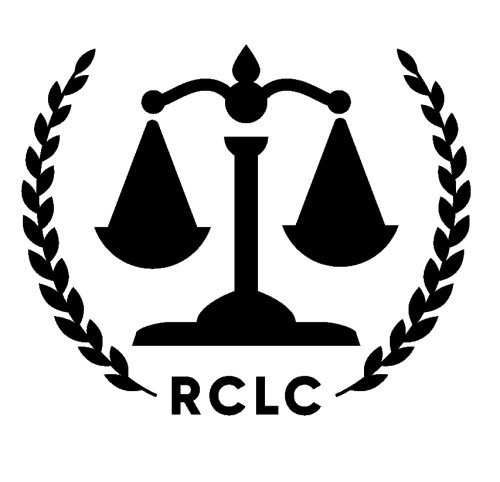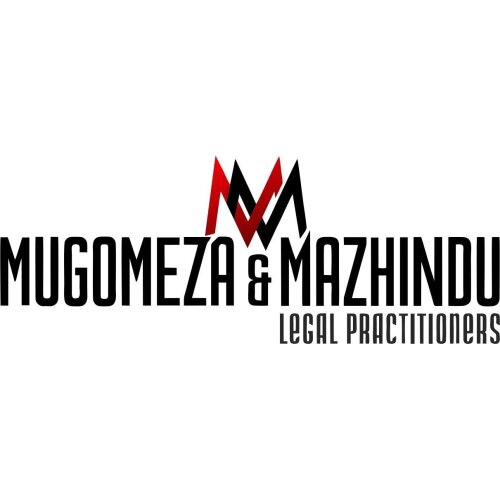Best Employment Benefits & Executive Compensation Lawyers in Harare
Share your needs with us, get contacted by law firms.
Free. Takes 2 min.
List of the best lawyers in Harare, Zimbabwe
About Employment Benefits & Executive Compensation Law in Harare, Zimbabwe
Employment Benefits & Executive Compensation law in Harare, Zimbabwe, is designed to regulate the benefits and remunerations provided to employees and executives within the workplace. This legal area covers a wide range of elements including employee benefits like pensions, health insurance, and executive remuneration packages. Given Zimbabwe's evolving economic landscape, it is vital for both employers and employees to understand these laws to ensure compliance and avoid potential disputes.
Why You May Need a Lawyer
Engaging a lawyer may be necessary in several scenarios involving Employment Benefits & Executive Compensation. Common situations include disputes over entitlements, wrongful termination related to benefit issues, navigating complex executive compensation agreements, or restructuring benefit plans in compliance with the legal frameworks. Legal expertise is also beneficial for understanding one's rights and obligations, ensuring fair treatment, and drafting legally sound contracts.
Local Laws Overview
In Harare, Zimbabwe, Employment Benefits & Executive Compensation are governed by several regulations and statutory laws. Key aspects include the Labour Act, which details employee rights and employer responsibilities concerning compensation and benefits. The National Social Security Authority (NSSA) provides guidelines on mandatory social security contributions. It is crucial to be aware of tax implications on executive compensations and for organizations to comply with occupational safety and health regulations. Understanding these laws can help stakeholders in structuring benefit packages that are compliant and fair.
Frequently Asked Questions
What types of employee benefits are mandatory in Zimbabwe?
Mandatory benefits typically include social security contributions as governed by the NSSA. Employers are required to make these contributions for all employees.
Are there regulations on executive compensation?
Yes, while there is flexibility, executive compensation must comply with general employment laws and may affect tax obligations. It is advisable to structure these packages in a manner that aligns with Zimbabwean laws.
How can I resolve a dispute over employee benefits?
Disputes can often be resolved through mediation or arbitration. Legal advice can help navigate these processes and explore the best course of action.
What is the role of the Labour Court?
The Labour Court in Zimbabwe deals with disputes related to employment, including issues concerning benefits and compensation. It serves as a legal avenue for resolving employment-related conflicts.
Can employers unilaterally change benefit structures?
Changes to benefits should be mutually agreed upon, and sufficient notice must be provided to the employees. Employers need to adhere to contractual and statutory obligations.
What should executive compensation packages include to remain competitive?
Packages typically include a mix of salary, bonuses, stock options, and various benefits. Consulting a legal expert helps in designing an attractive yet compliant package.
How are retirement benefits handled under local laws?
Retirement benefits are often provided through pension schemes and social security. Understanding the specific contribution requirements and eligibility criteria is essential.
What happens if an employer fails to provide agreed benefits?
Failure to provide agreed benefits can result in legal action. Affected employees may need to initiate proceedings for breach of contract or seek advice on dispute resolution.
Can expatriate executives receive the same benefits as local employees?
Expatriate benefits often differ due to various factors like taxation and contract terms; however, they should comply with the local employment laws.
Are there tax implications for receiving executive compensation?
Yes, executive compensation is subject to taxation under Zimbabwean tax laws. It's important to structure these packages with tax efficiency and compliance in mind.
Additional Resources
Consider consulting the following resources for further guidance on Employment Benefits & Executive Compensation:
- The National Social Security Authority (NSSA): Provides guidelines on mandatory employee contributions.
- The Labour Court of Zimbabwe: Offers a platform for resolving employment disputes.
- Zimbabwe Revenue Authority (ZIMRA): For information on taxation relevant to employee and executive compensation.
Next Steps
If you require legal assistance in Employment Benefits & Executive Compensation, start by consulting a specialized attorney to assess your specific situation. Gather all relevant documentation, outline your objectives or concerns, and schedule a consultation. Consider mediation or arbitration if disputes can be resolved outside of court. Lastly, engage actively in negotiations to arrive at equitable solutions for all parties involved.
Lawzana helps you find the best lawyers and law firms in Harare through a curated and pre-screened list of qualified legal professionals. Our platform offers rankings and detailed profiles of attorneys and law firms, allowing you to compare based on practice areas, including Employment Benefits & Executive Compensation, experience, and client feedback.
Each profile includes a description of the firm's areas of practice, client reviews, team members and partners, year of establishment, spoken languages, office locations, contact information, social media presence, and any published articles or resources. Most firms on our platform speak English and are experienced in both local and international legal matters.
Get a quote from top-rated law firms in Harare, Zimbabwe — quickly, securely, and without unnecessary hassle.
Disclaimer:
The information provided on this page is for general informational purposes only and does not constitute legal advice. While we strive to ensure the accuracy and relevance of the content, legal information may change over time, and interpretations of the law can vary. You should always consult with a qualified legal professional for advice specific to your situation.
We disclaim all liability for actions taken or not taken based on the content of this page. If you believe any information is incorrect or outdated, please contact us, and we will review and update it where appropriate.















